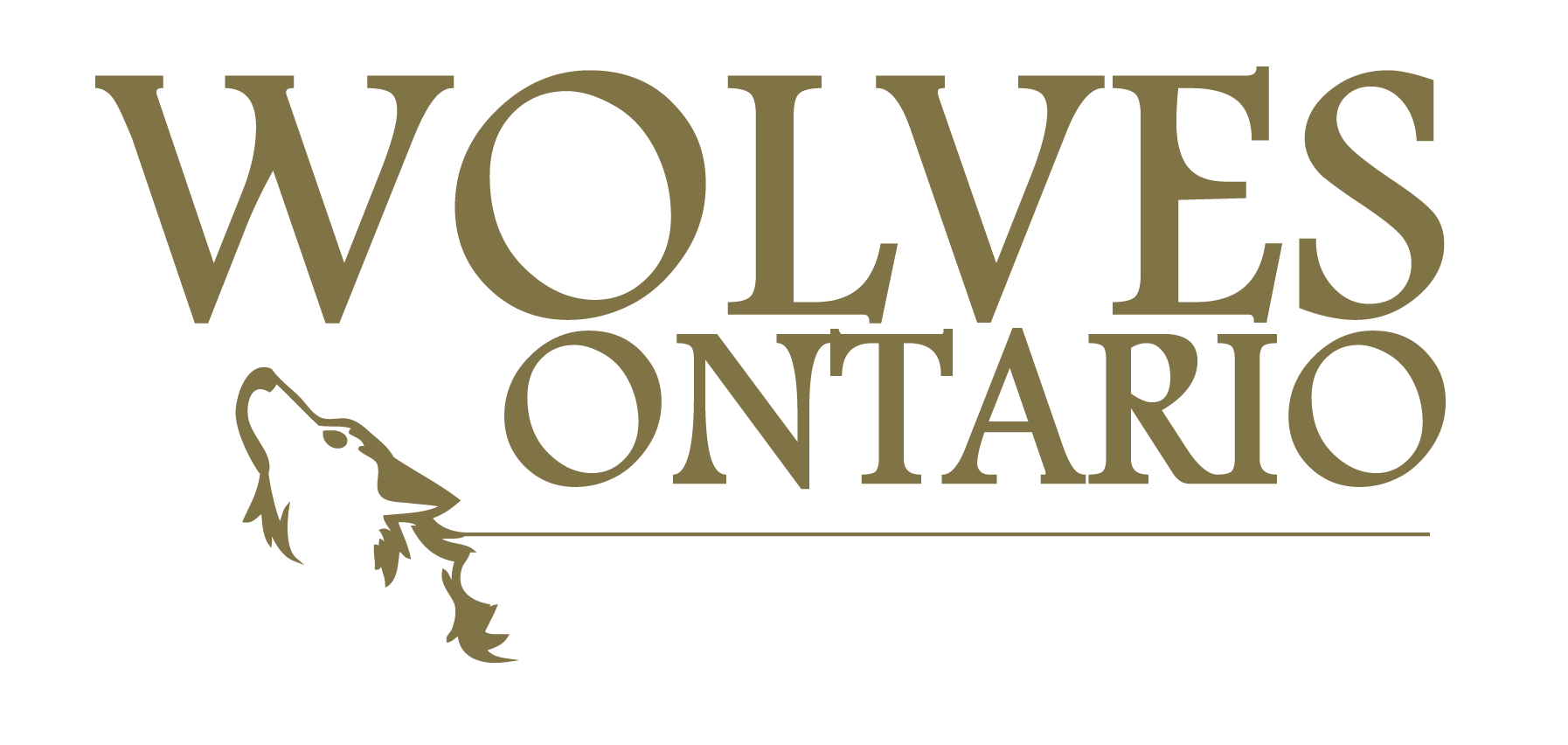As this year comes to a close, let’s take a moment to celebrate our wolf conservation victories and look to the future!
As 2016 started, we sent thousands of comments to the Ontario government opposing their plan to liberalize wolf hunting across much of the province. We demanded that wolves be conserved because they are both inherently and ecologically valuable, and the government listened. Ontario’s first-ever wolf killing restrictions remain in place thanks to your support.
Come summer time, eastern wolves were renamed Algonquin wolves and listed as a Threatened species in Ontario. In response to that up-listing (they were previously Special Concern), Ontario proposed an “interim strategy” because Algonquin wolves and eastern coyotes can’t be told apart by sight, and coyotes are heavily hunted and trapped.
Again, thousands of you rallied behind us and told the government that these rare wolves (and the coyote they resemble) must be protected throughout their range. While the government refused to add more land to the 3 new closure areas around provincial parks where the wolves have been found, it’s important to remember that the only reason the government bothered to close any land to wolf and coyote killing at all is because they know we are watching them, and that we won’t stop until these amazing animals are better protected.
The single most important thing Earthroots can do for wolves right now is contribute to surveying research in Ontario. If we can locate more lone Algonquin wolves or whole family packs in the unprotected landscape, we have a very good chance of extending protection to both wolves and coyotes in those areas. That’s why this year we are beginning the Ontario Wolf Survey.
Before I joined Earthroots, I had the distinct pleasure of managing Dr. Linda Rutledge’s Eastern Wolf Survey, a research project designed to refine the distribution of these rare wolves by collecting non-invasive samples in our province’s provincial parks.
It was that research that led to the protection granted to wolves and coyotes this summer. Dr. Rutledge taught me how to research wolves non-invasively - instead of capturing, anaesthetising and collaring them with GPS beacons, a practice that is very invasive and disruptive to the wolves and their health, we collect urine, scat and hair in wolf habitat and identify the species, gender and relationships of those animals using tiny fragments of DNA. We find the wolves, but the wolves themselves hardly notice, and continue their wild lives without interruption. This is science at its very best.
Please give generously in support of our Ontario Wolf Survey and help put Algonquin wolves on the map so we can fight for their protection! Each and every donation will help us reach our goal.
Do you live or travel to wolf habitat in south-central Ontario and want to get involved in the surveying? Scat surveys aren’t as gross as they sound, we promise, and we need help with trail cams too! Get in touch and we’ll plan a way for you to get involved in this landmark survey.
On behalf of the wolves and the wilderness we all enjoy, I want to wish each and every one of you a healthy and happy New Year - keep howling!
Hannah Barron
Director, Wildlife Conservation Campaigns
Earthroots
